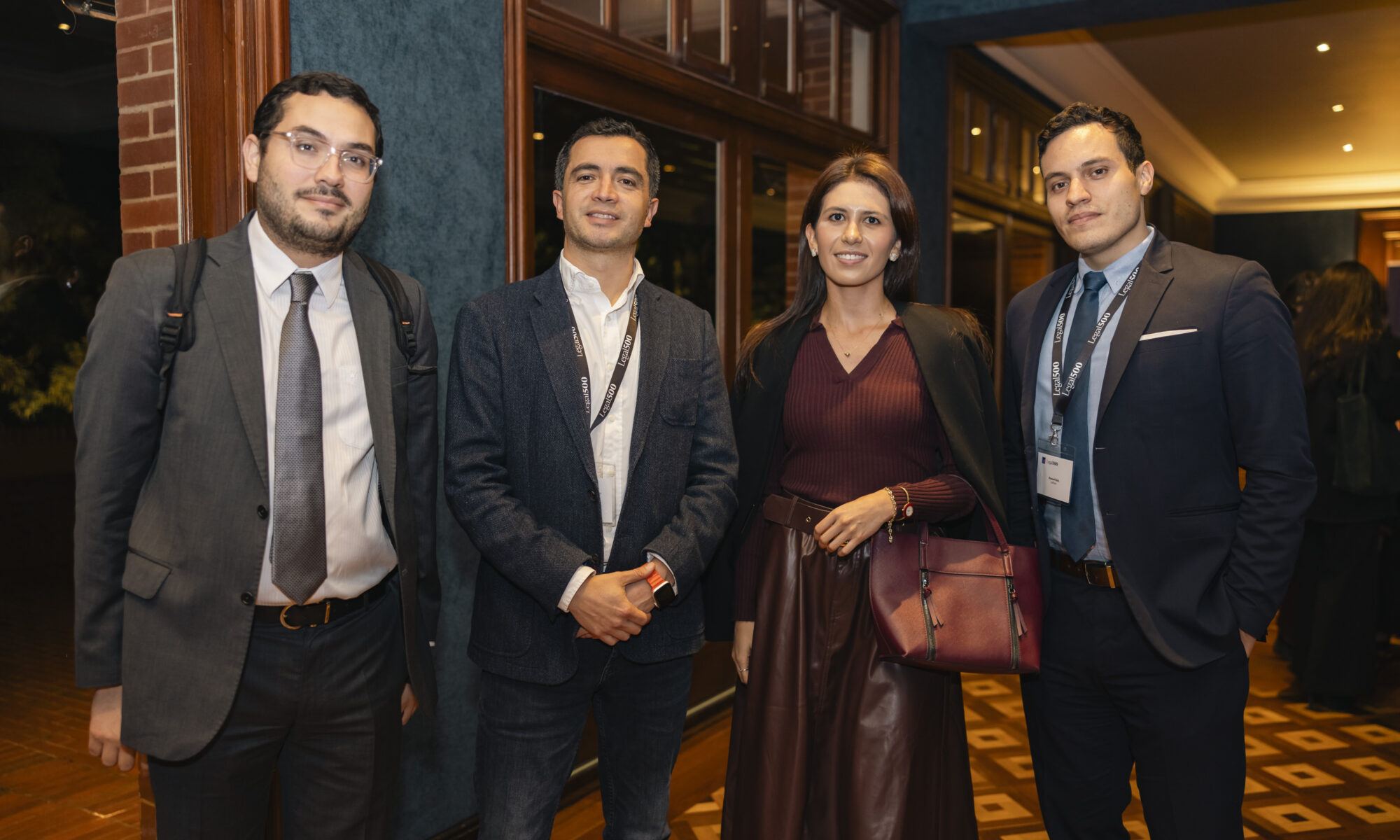Event Report
The recent event exploring Holland & Knight’s Diversity, Equity, and Inclusion (DEI) programme offered a thought-provoking insight into how one of the leading law firms in the region is embedding inclusive practices into its professional culture. Delivered as a concise 10-minute presentation by Selene Espinosa, partner at the firm’s Mexico City office, and Enrique Gómez-Pinzón, executive partner, the session set out to demystify the firm’s internal DEI strategies while also situating them within a broader industry context.
Espinosa and Gómez-Pinzón began by outlining the foundational values underpinning the firm’s approach to DEI, underlining a clear commitment to fostering a workplace culture that not only values difference but actively ensures equity in opportunity and representation. They explained that DEI at Holland & Knight is not a standalone initiative but an integral part of the firm’s operations—woven into recruitment, mentorship, client relations, and professional development.
The presentation went on to describe the firm’s practical efforts to institutionalise DEI, including leadership accountability, measurable benchmarks, and targeted programming to support underrepresented groups. The speakers were candid about the challenges the firm continues to face, particularly within the legal sector, which has historically been slow to diversify. Nonetheless, they expressed confidence in the programme’s long-term impact, both within the firm and across the broader legal ecosystem.
Following the presentation, the evening continued with an in-depth panel discussion titled The Future of Diversity, Equity, and Inclusion: Navigating Challenges and Opportunities. This hour-long conversation brought together a range of voices from across the legal and corporate landscape, including Inés Elvira Vesga, Turenna Ramirez Ortiz, Mauricio Vélez, and Carolina Nieto Cáceres. Their dialogue focused on the shifting political and cultural terrain DEI efforts must now navigate, especially in light of growing scepticism and legislative challenges in various global jurisdictions.
Panelists acknowledged the increasing politicisation of DEI policies, especially those influenced by recent executive orders and legal interpretations, yet reaffirmed the moral and strategic necessity of continued progress. They called attention to the dual pressures faced by organisations: on the one hand, the need to align with legal frameworks and business goals, and on the other, the imperative to drive authentic, systemic change that reaches beyond formal compliance.
The discussion was particularly attuned to the Latin American context, highlighting the unique social dynamics at play and the potential for the region to serve as a model for inclusive development. Each speaker shared reflections on how organisations can maintain momentum and ensure that DEI work is not sidelined by external resistance. They emphasised the importance of ongoing dialogue, courageous leadership, and a commitment to measurable, people-focused outcomes.
By the end of the evening, attendees were left with a clear message: that DEI is not just a matter of corporate responsibility, but a crucial part of building resilient, forward-looking institutions. In a time of uncertainty and ideological shifts, the need for inclusive and equitable practices is more urgent than ever. The event stood as a powerful reminder of the potential for legal and corporate actors to lead the way in creating a more just and inclusive future.

